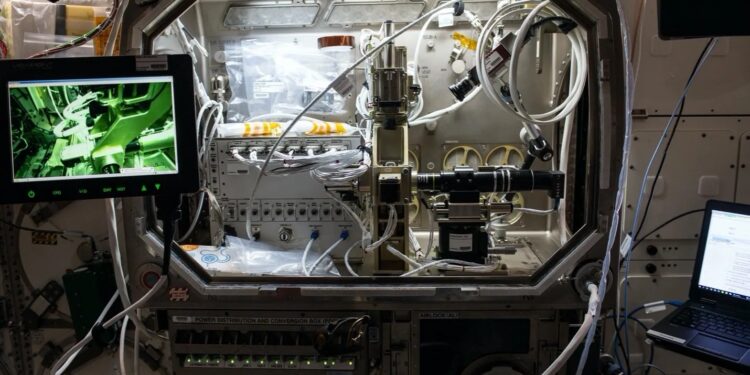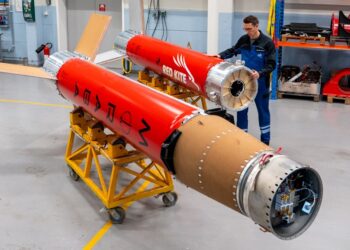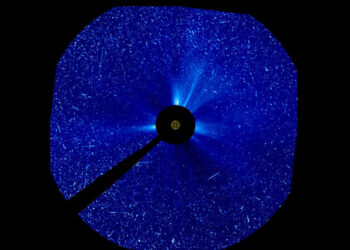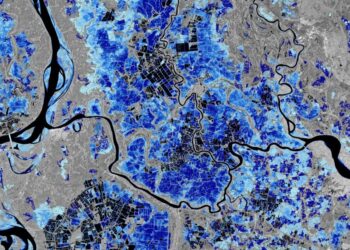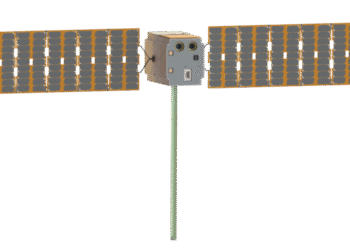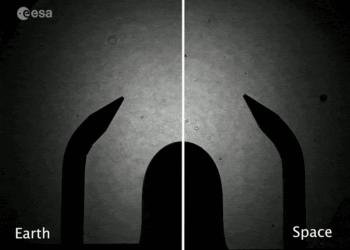The study of **protein amyloidogenesis** is crucial for understanding diseases such as Alzheimer’s and Parkinson’s. One of the innovative experiments conducted to explore this process is the **Ring-Sheared Drop (RSD) Experiment**. This NASA-funded research takes advantage of the unique conditions presented by microgravity to observe the behavior of proteins in a way that is not possible on Earth due to gravitational forces.
In microgravity, the **RSD Experiment** allows for a containerless environment where liquid drops are manipulated by applying shear forces through a rotating ring. This method enables scientists to study the **self-assembly and aggregation** of amyloid fibrils — the thread-like structures that proteins can form, which are implicated in amyloid diseases.
Significance of Microgravity
Microgravity provides a controlled setting where **convection currents** and sedimentation that occur on Earth are eliminated. This allows for the precise study of molecular processes as they naturally unfold, providing **insight** into the molecular dynamics of protein folding.
The outcomes of the RSD Experiment have the potential to contribute significantly to the development of new therapeutic approaches. Understanding how proteins misfold and aggregate in space can lead to breakthroughs in **drug design** and the treatment of neurodegenerative diseases.
For more information, refer to the detailed article on the NASA website.


